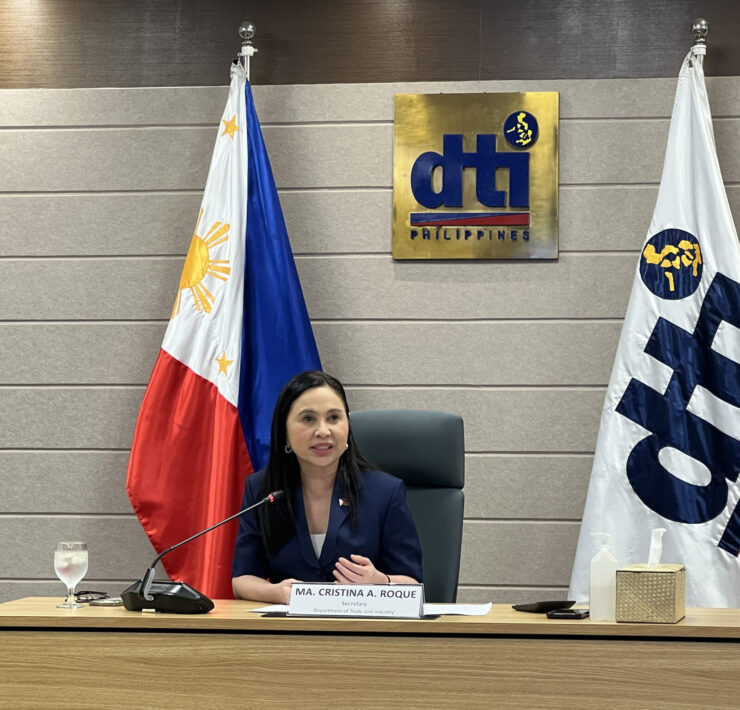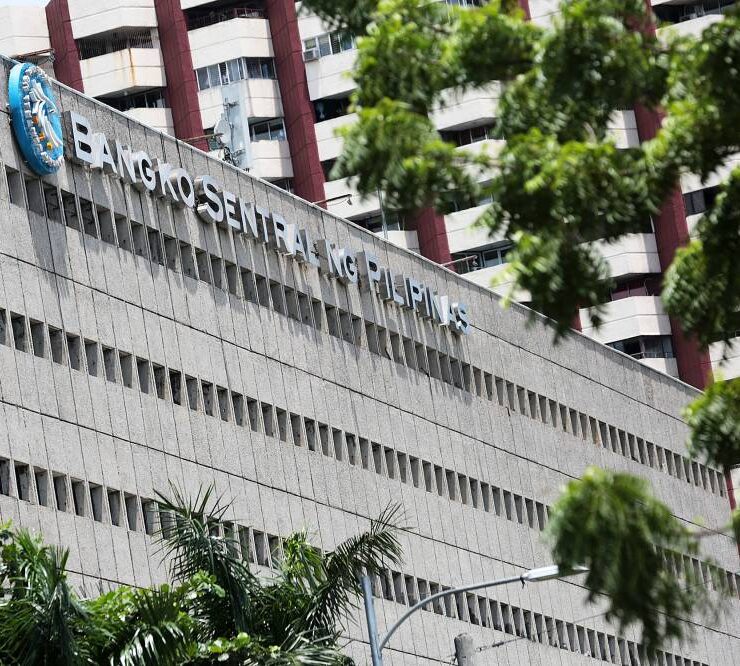Inside China’s decision to come to the table
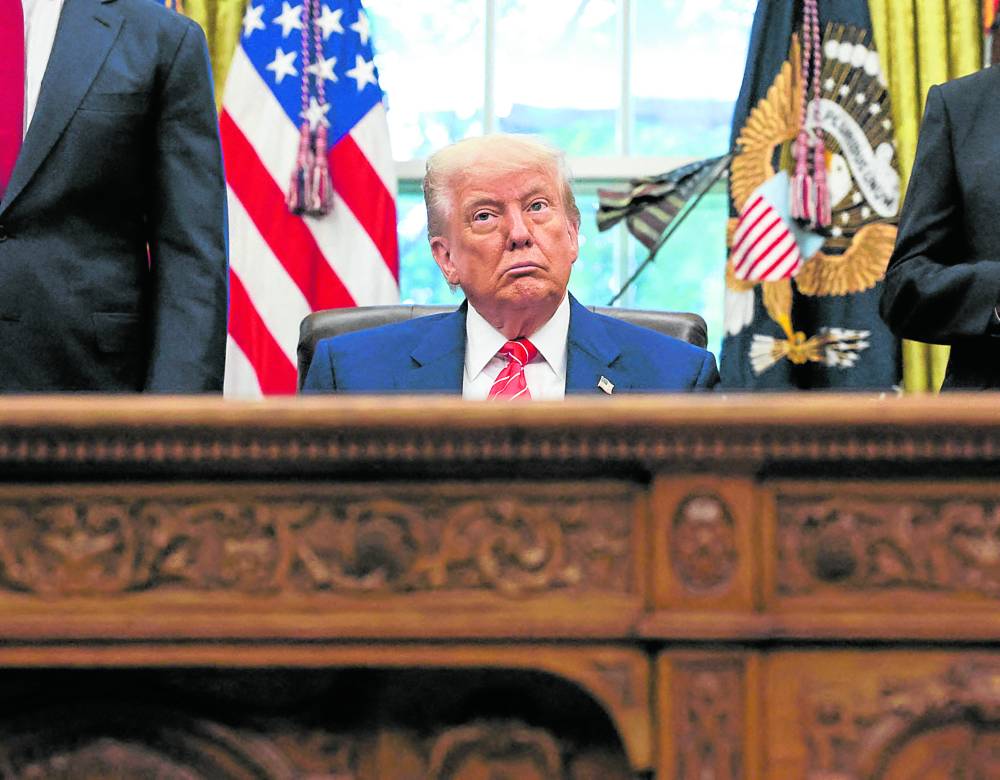
BEIJING—Since US President Donald Trump imposed steep tariffs on China last month, Beijing has responded in kind.
On state and social media, it posted images of Mao Zedong, lambasted “imperialists,” and sent a message: capitulation to bullies is dangerous, and it wouldn’t back down.
But behind closed doors, Chinese officials have grown increasingly alarmed about tariffs’ impact on the economy and the risk of isolation as China’s trading partners have started negotiating deals with Washington, according to three officials familiar with Beijing’s thinking.
These factors, along with outreach by the US and an easing of Trump’s rhetoric, persuaded Beijing to send its economic tsar He Lifeng for meetings with US counterparts in Switzerland this weekend, the officials told Reuters.
Re-engagement was complicated by the fractious nature of US-China diplomacy. In particular, Beijing considered a letter the US side sent to Chinese ministries in late April about fentanyl “arrogant,” two officials said.
Efforts to arrange talks were further impaired by disagreements over which officials should be involved, said one of these people and another official.
China’s reasons for deciding to negotiate, Washington’s letter on fentanyl, US diplomatic challenges in Beijing, and the early outreach between the two sides are reported by Reuters for the first time, based on interviews with nearly a dozen government officials and experts on both sides. Most of the people were granted anonymity to discuss non-public information.
China’s foreign ministry said in a statement to Reuters that it reiterated that “China’s firm opposition to the US abuse of tariffs is consistent and clear, and there is no change.”
Typical bullying
“The US has ignored China’s goodwill and unreasonably imposed tariffs on China under the pretext of fentanyl. This is a typical act of bullying, which seriously undermines dialogue and cooperation between the two sides in the field of drug control.”
China’s State Council and ministry of commerce, and the White House did not immediately respond to requests for comment.
In response to Reuters’ questions about the lead-up to the Geneva talks, the US State Department said it and the US Embassy in Beijing “continue to regularly engage Chinese counterparts to advance the interests of the American people.”
China’s Vice Foreign Minister Hua Chunying said on Friday that China has full confidence in its ability to manage US trade issues, adding that the Trump administration’s approach cannot be sustained.
The trade war between the world’s two largest economies, combined with Trump’s decision last month to impose duties on dozens of other countries, has disrupted supply chains, unsettled financial markets and stoked fears of a sharp downturn in global growth.
Reuters, the news and media division of Thomson Reuters, is the world’s largest multimedia news provider, reaching billions of people worldwide every day. Reuters provides business, financial, national and international news to professionals via desktop terminals, the world's media organizations, industry events and directly to consumers.
















